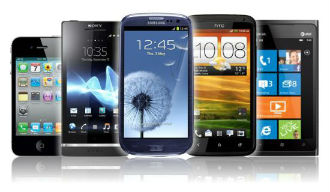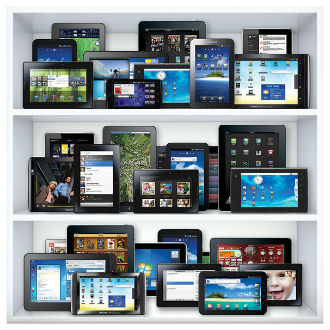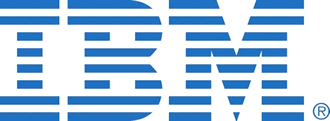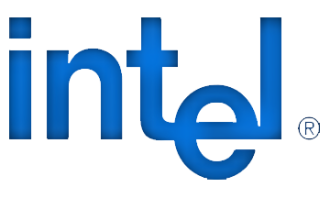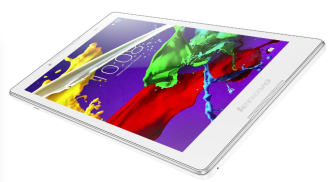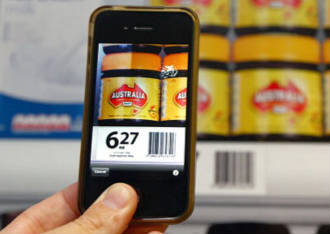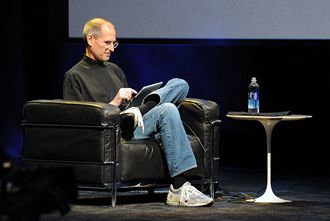 Owners of shiny expensive Apple gear are starting to use their phones to mount political campaigns.
Owners of shiny expensive Apple gear are starting to use their phones to mount political campaigns.
According to the Guardian newspaper Apple fanboys are trolling their politicians with iMessage texts in protest over a law which would increase the length of time the government retains communications data.
Apparently the matter only interests Apple fans, either that or the Guardian can’t conceive of anyone in Australia other than iPhone users getting upset about what happens in politics.
According to the Guardian, Apple’s messaging service, built into iOS devices and the newest versions of Mac OS X, lets users send text, picture, voice and video messages through an SMS-style app or an email address.
Senator George Brandis, the Australian attorney general, was the first minister to be on the receiving end of Apple fanboy wit.
Users sent photoshopped pictures, Blade Runner quotes and questions to the senator, who has been at the forefront of pushing the data retention bill through the Australian legislature.
Journalist Lauren Ingram even messaged him the entire first chapter of Orwell’s Nineteen Eighty-Four.
What is strange about this story is not that internet users are trolling politicians, but that the Guardian has only named Apple users as doing it. Unlike usual Tame Apple Press advertising, it seems to be actually true.
It was only possible because the pair had taken part in Jobs’ Mob’s iMessage scheme and hooked up their government email as part of their attempts to be cool with the yoff of today.
Shortly after the iMessage bombardment began, Brandis unlinked his senate email address from the service – but other ministers didn’t move so quickly, and Buzzfeed News reports that Greg Hunt, the environment minister, had his iMessage account hooked up to his government email as well.


